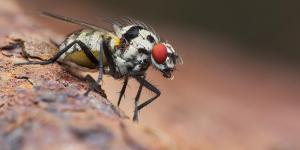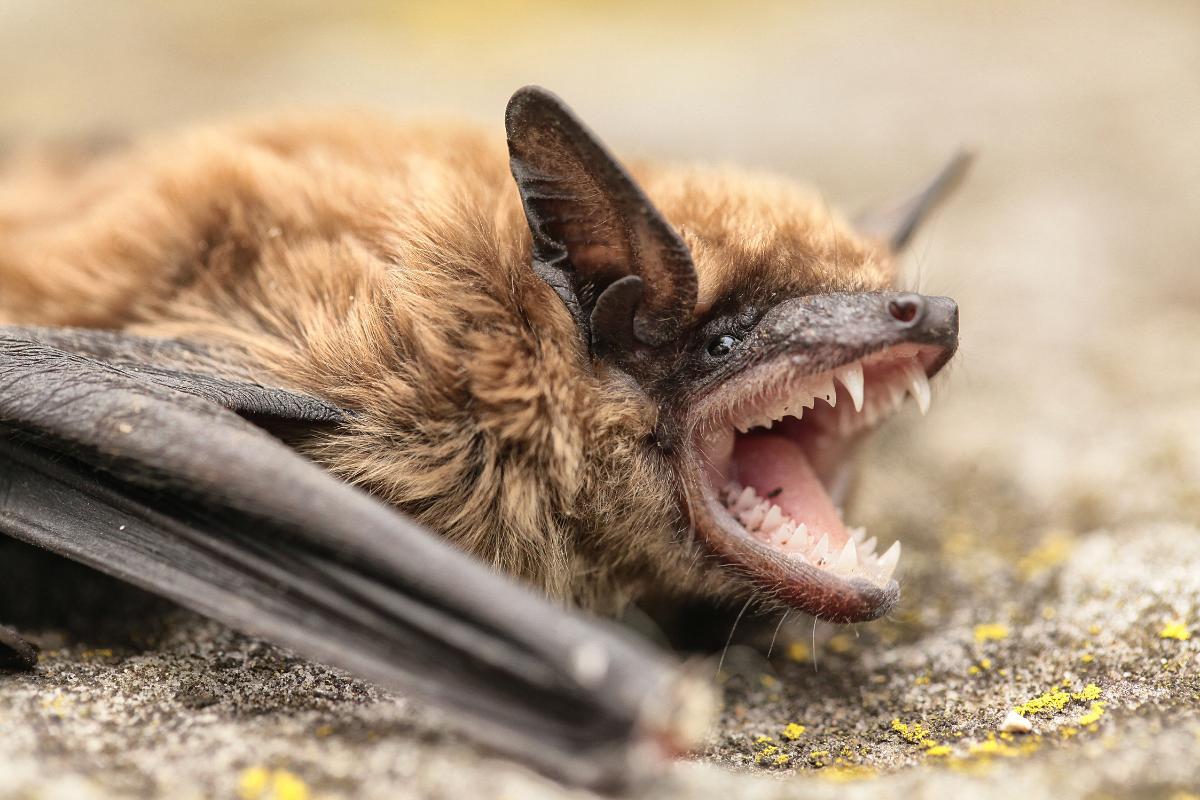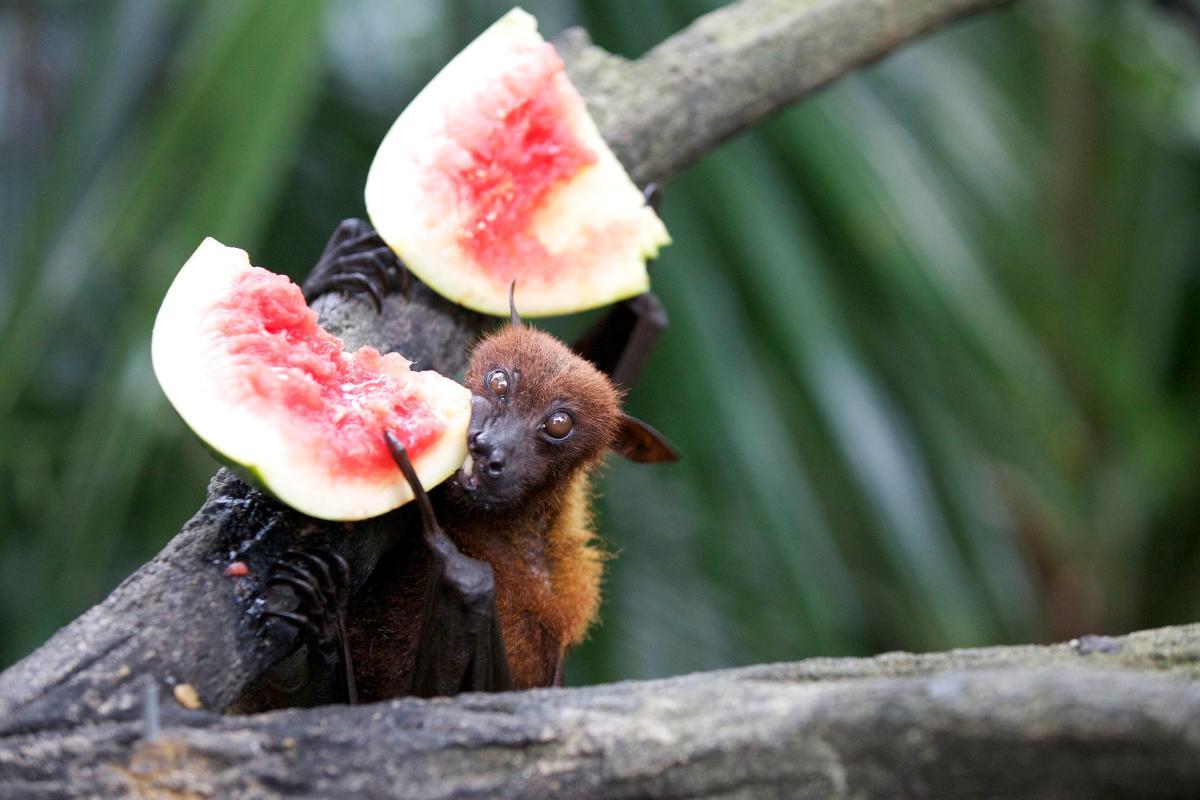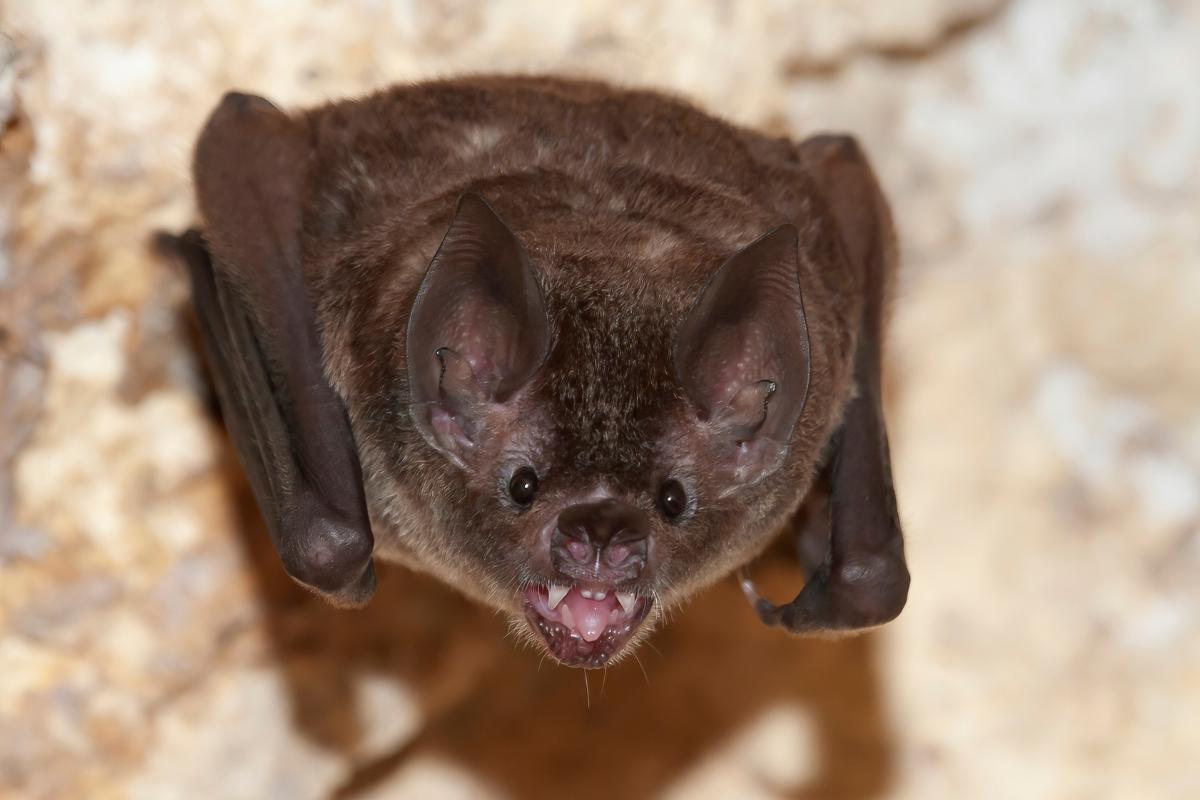Do Bats Bite Humans?

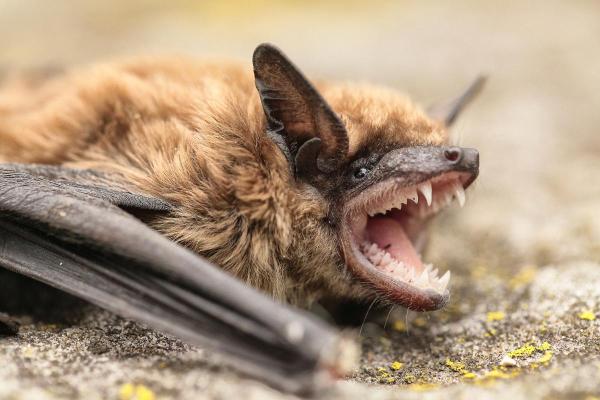
Bats usually avoid people, but they may bite if they feel scared, unwell, or are handled. While the risk of a bat bite is low, it’s good to know what to watch for and how to stay safe. Here, you’ll learn what to do if you encounter a bat, understand the risks of bites (like rabies), and get simple tips for safe interactions.
This AnimalWised article covers if bats bite humans, how often it happens, the actual risks involved, and how to prevent bites.
Do bats bite humans?
Bats do have teeth and can bite if necessary, but they typically won’t unless they feel threatened or cornered. They are not naturally aggressive animals and generally prefer to avoid humans.
With over 1,400 species worldwide, bats exhibit a wide diversity in both habits and diets. Most bat species are either insectivores or frugivores, meaning they primarily feed on insects or fruit, giving them no reason to attack humans.
Only three species are "vampire bats," which feed on blood, and they are limited to certain areas in Central and South America. Even these vampire bats prefer livestock or other animals over humans and do not actively seek out humans to feed on.
Are bat bites common among humans?
Bat bites, while uncommon, can occur when humans interact with these creatures. This often happens when people attempt to handle or capture bats, either intentionally or accidentally. For instance, bats may inadvertently enter homes or buildings, leading to close contact with humans. If a person tries to move or pick up a bat, they risk being bitten.
Some bat bites can be so minor, especially from smaller species, that they may go unnoticed. Individuals living in tropical regions or near large bat roosts might have a slightly higher risk due to increased proximity.
In rare cases, people have been bitten by bats while asleep, particularly if a bat enters a bedroom. These incidents often go unnoticed, as the bite mark may be small or the person may not wake up during the bite.

Why do bats bite?
Bats do not bite out of aggression; rather, they bite primarily as a defensive response. If a person picks up, traps, or handles a bat, the bat may bite in an attempt to escape. Bats don’t seek out people to bite them, and intentional aggression toward humans is not part of their behavior.
Bats are typically skittish around larger animals, including humans. They rely on echolocation to navigate and avoid objects, so they’re well-equipped to avoid people unless unintentionally cornered.
While vampire bats primarily feed on livestock and avoid populated areas, there are rare instances where they may bite humans. Such occurrences usually result from confusion or a scarcity of their typical prey, deviating from their usual behavior.
Did you know there's another popular belief about bats that isn't quite accurate? Discover the real story behind the way bats see in our other article.
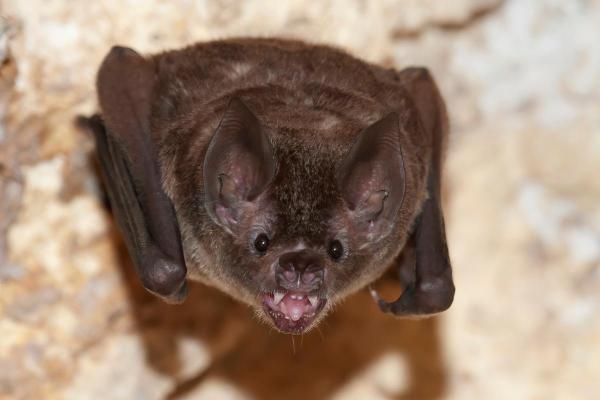
What to do if a bat bites you
Although it’s rare for a bat to bite a human, it’s important to take precautions if it does happen. Bat bites can transmit diseases, with rabies being the most concerning. While the vast majority of bats are healthy and do not carry rabies, some may be carriers, so any bite should be taken seriously.
If bitten by a bat, follow these steps:
- Wash the bite thoroughly with soap and water right away, as this can help reduce the risk of infection.
- Consult a healthcare professional promptly. They can assess the need for a rabies vaccine or other treatments. Rabies is a serious, though rare, disease, and quick action is essential.
How dangerous are bat bites to humans?
While the risk of rabies is low, prompt response to a bite is crucial for prevention. If a rabid bat bites a human, the virus can enter the body through the wound and cause serious illness, often leading to death. Furthermore, although less common, bat bites can also transmit other infections, such as histoplasmosis, a fungal lung infection.
Despite their reputation, bats pose minimal danger to humans and play invaluable roles in ecosystems. They control insect populations and contribute to pollination and seed dispersal. For a deeper dive into the lives of these nocturnal animals, check out our insights into their mating and reproductive behaviors.
How to protect yourself from bat bites
To protect yourself from bat bites, there are a few practical precautions you can take, especially if you live in an area where bats are common:
- Never handle or attempt to touch a bat, even if it appears to be injured or unresponsive. Bats may bite in self-defense if they feel threatened. You might also want to teach children not to approach or touch bats or other wild animals.
- Seal any potential entry points in your home, such as small cracks, gaps around windows, chimneys, or attics, to prevent bats from accidentally flying inside.
- Be cautious in areas where bats roost, such as caves, abandoned buildings, or areas with many trees. Avoid disturbing bats in their natural habitats.
If a bat enters your home, it’s best to stay calm and try to contain it in one room. Open windows and doors in that room to encourage it to leave on its own. If the bat does not leave, contact local animal control or a wildlife removal professional for assistance.
If you must handle a bat (such as if it’s indoors and cannot leave), wear thick gloves and cover exposed skin. Ideally, avoid handling it directly and use a towel or container to capture and release it. Avoid bare-hand contact, as even a minor scratch can transmit diseases like rabies.
Want to learn how to safely and humanely handle bat encounters? Discover our tips for effective removal in the next article.
If you want to read similar articles to Do Bats Bite Humans?, we recommend you visit our Facts about the animal kingdom category.
- Constantine, D. G. (2018). Transmission of pathogenic microorganisms by vampire bats. In Natural history of vampire bats (pp. 167-189). CRC Press.
- Greenhall, A. M. (1972). The biting and feeding habits of the vampire bat, Desmodus rotundus. Journal of Zoology, 168(4), 451-461.
- Hermanson, J. W., & Carter, G. G. (2020). Vampire bats. In Phyllostomid bats: A unique mammalian radiation (pp. 257-272).
- Sánchez, M. S., Giannini, N. P., & Barquez, R. M. (2012). Bat frugivory in two subtropical rain forests of Northern Argentina: Testing hypotheses of fruit selection in the Neotropics. Mammalian Biology, 77, 22-31.
- Willig, M. R., Camilo, G. R., & Noble, S. J. (1993). Dietary overlap in frugivorous and insectivorous bats from closed edaphic habitats of Brazil. Journal of Mammalogy, 74(1), 117-128.

